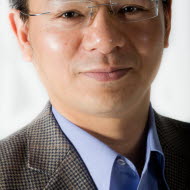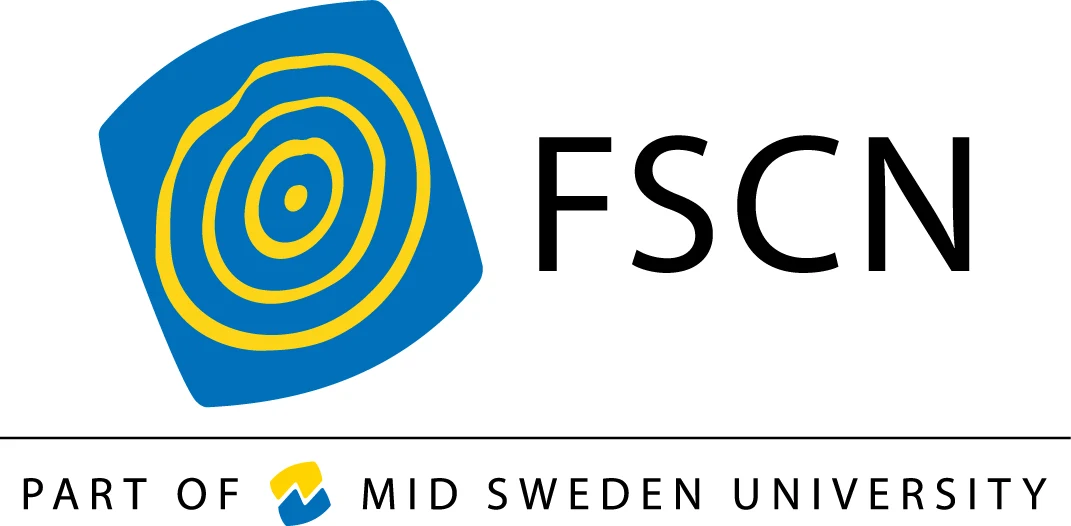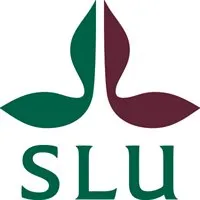TransAlgae
The project's main goal is to implement innovative solutions for the production of biomass from waste streams in industrial scale using micro- and macroalgae.
The project aims to create a network of relevant actors in algae industry in the Botnia-Atlantica region.
Internal reformer of tar and alkali effect
The key issue in the commercialization of indirect biomass gasification technology is to reduce the tar content in the syngas for the downstream synthesis of fuel/chemicals. The raw gas produced in the gasifier contains several undesirable components, such as tar, alkali, nitrogen and sulphur components. These components need to be removed from the raw gas in an energy-efficient and environmentally manner. They are formed in different ways depending on the reactor design, the bed material and the operating temperature. An alternative to reform the tars is to use partial oxidation and/or catalytic bed materials which is realized in an internal reforming reactor developed by Mid Sweden University. This internal reformer is further investigated in the subproject.
The objective is to:
- Identify different bed material properties and the possibility to use these over a wide range of temperatures.
- Evaluate the possibility to clean the raw gas – particularly from tars and other hydrocarbons – through internal reforming and partial oxidation of the gas using oxygen.
- Investigate how experimental results in a small indirect gasifier can be transferred and used in a gasifier of industrial scale.
- To understand how the internal reformer should be designed, and under what fluid dynamic conditions one can optimize the destruction of tar and possibly methane.
- The study is carried out in a 150 kW biomass dual fluidized bed gasifier pilot plant which was built up at Mid Sweden Univeristy, Härnösand, in 2007.
This is a subproject in Swedish Gasification Centre (SFC) supported by Swedish Energy Agency and industries. SFC is a research center where a number of academic stakeholders cooperate with the industry and has a total budget of 540 million SEK over 10 years from 2011-2021. The governments aim is for the fleet in Sweden to be independent of fossil fuels by 2030. The technology means that fuel can be produced by biomass gasification which drastically will reduce carbon dioxide emissions compared with the current use of fossil fuels.
SFC is divided by three nodes, 1) CDGB - Direct gasification (KTH / MDH / LNU), 2) CIBG - Indirect gasification (Chalmers / GU / Miun / SP), and 3) Bio4G – Suspension (or entrained flow) Gasification (LTU / UmU / ETC / LTH). Mid Sweden University is a partner in the second node, CIBG.
Read more about the project: www.biofuelregion.se/transalgae
Facts
Project period
160401—190401
Partners
- BioFuel Region
- Nattviken Invest
- Novia
- University of Vaasa
- Botnia-Atlantica
- Arctic Seaweed
- Bodö kommun
- Kempestiftelserna
- Länsstyrelsen Västernorrland
- Länsstyrelsen Västerbotten
- Nordland Fylkeskommune
- SLU
- Österbottens förbund
Research groups
Project leader



